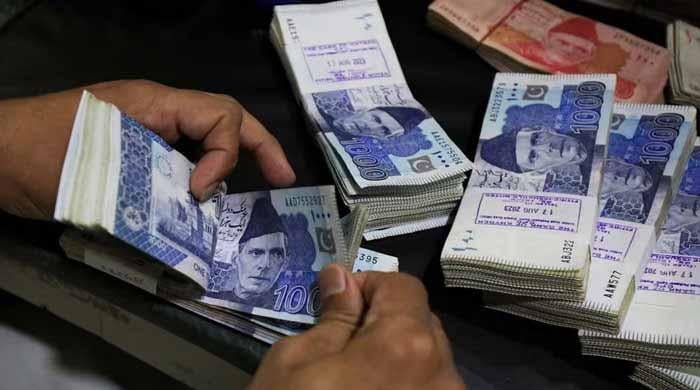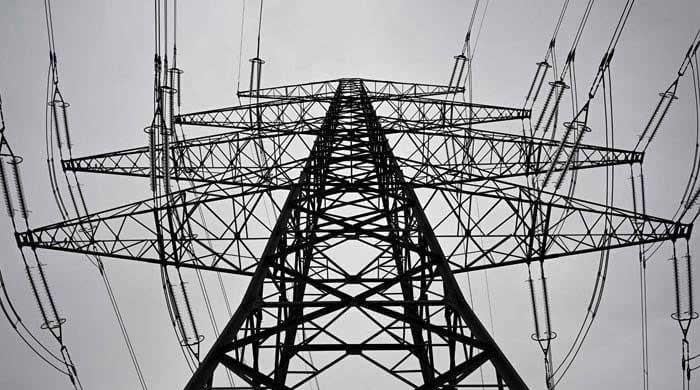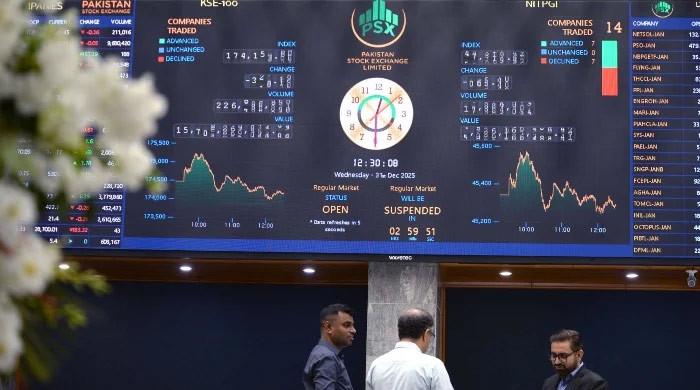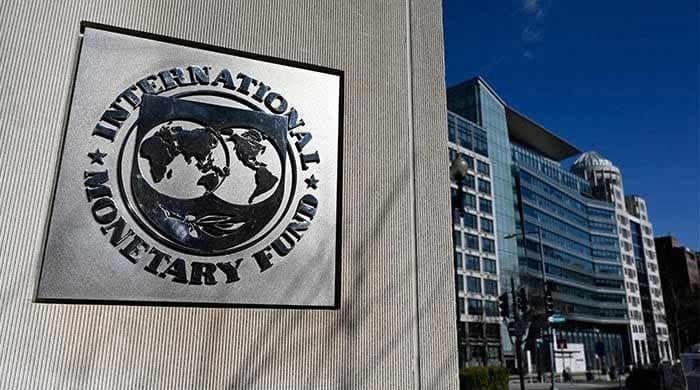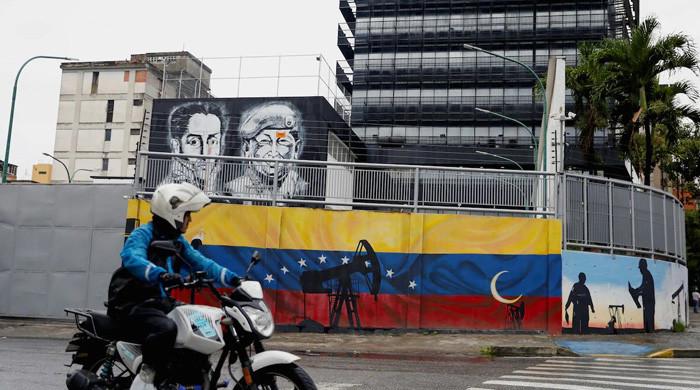Pakistan pulled off ‘macroeconomic miracle' amid crisis: report
Experts say Pakistan’s economic recovery may endure if reforms stay on track
May 14, 2025

- Recent conflict with India unlikely to derail recovery: report.
- Inflation drops from 40% to near zero
- Eurobonds, stock market show strong recovery
Pakistan has pulled off a rare “macroeconomic miracle” over the past two years that has drawn the attention of global investors, even as the country faces heightened tensions with India, US publication Barron’s reported.
According to the report, inflation has plummeted from a peak of nearly 40% to near zero, while Pakistan’s 2031 Eurobonds have doubled in value, rising from 40 cents on the dollar to 80 cents. The benchmark KSE-100 index has also tripled during this period.
A $7 billion "stabilisation agreement" was reached between the government and the International Monetary Fund (IMF) in September 2023, of which more than $2 billion has already been disbursed. Since joining the IMF in 1950, Pakistan has entered 24 separate bailout programmes.
“Pakistan is a good story,” said Genna Lozovsky, chief investment officer at Sandglass Capital Management, was quoted by Barron’s as saying. “So good it’s not risky enough for us anymore.”
The report further mentioned that the recent military escalation with India, currently under a ceasefire, is unlikely to derail Pakistan’s economic recovery, but the “country’s own shaky underpinnings might”.
Khaled Sellami, an emerging markets sovereign debt manager at Barings, said Pakistan has been known for "boom-and-bust cycles throughout its history.”
Pakistan’s current phase of stabilisation began after it narrowly avoided default in 2022-23. This period was marked by devastating floods, surging oil prices following the Russia-Ukraine conflict, and significant domestic political upheaval.
“Everyone thought Pakistan would default along with Sri Lanka in 2023,” noted Alison Graham, Chief Investment Officer at Voltan Capital Management.
Instead, the State Bank of Pakistan implemented aggressive monetary tightening, hiking interest rates from 10% to 22%. This pitched the economy into recession but successfully tamed inflation.
Pakistan’s major creditors — China, Saudi Arabia, and the United Arab Emirates — rolled over existing loans but stopped short of extending new credit. Nevertheless, gross domestic product (GDP) grew by 2.5% in 2024, and for the first time in years, Pakistan achieved a current account surplus along with a primary fiscal surplus, excluding interest payments.
“The current account balance is positive, and they have a primary fiscal surplus,” Sellami noted. “That’s something we haven’t seen in many years.”
The report also contrasted Pakistan’s lagging industrial growth with India’s booming IT and pharmaceutical sectors. Pakistan’s exports remain concentrated in low-value goods like cotton, apparel, and cereals. Although the country is making progress in IT outsourcing, with annual foreign sales growing to $3 billion, it still pales in comparison to India’s $200 billion tech exports.
Without a value-added ladder to climb, fate and free-spending election cycles may continue driving Pakistan’s boom and bust, Graham said. “Pakistan remains extremely fragile to external shocks,” she said. “When there is a rally, you need to be in early.”
Despite these challenges, Sellami expressed optimism and remains “constructive” on Pakistan’s Eurobonds. “The government knows if they deviate from the tightrope they are walking, they won’t have external finance,” Sellami emphasised.
Earlier on May 9, the IMF's Executive Board approved the immediate disbursement of about $1 billion to Pakistan under the ongoing Extended Fund Facility and allowed an additional arrangement for the $1.3 billion Resilience and Sustainability Facility (RSF).
Pakistan secured a $7 billion bailout programme from the IMF last year and was granted a new $1.3 billion climate resilience loan in March.
The programme is critical to the $350 billion economy, and Pakistan said it has stabilised under the bailout that helped it stave off a default threat.




